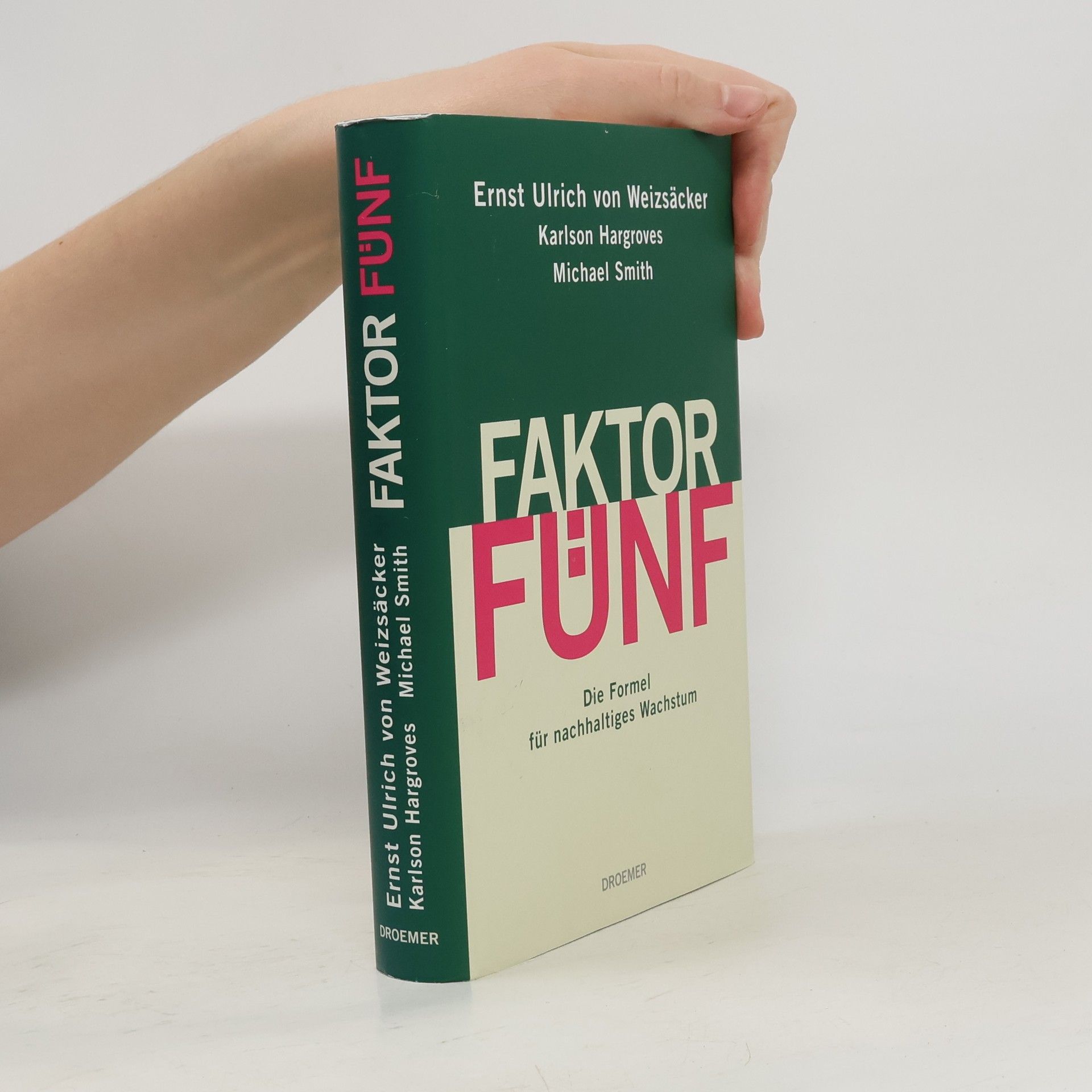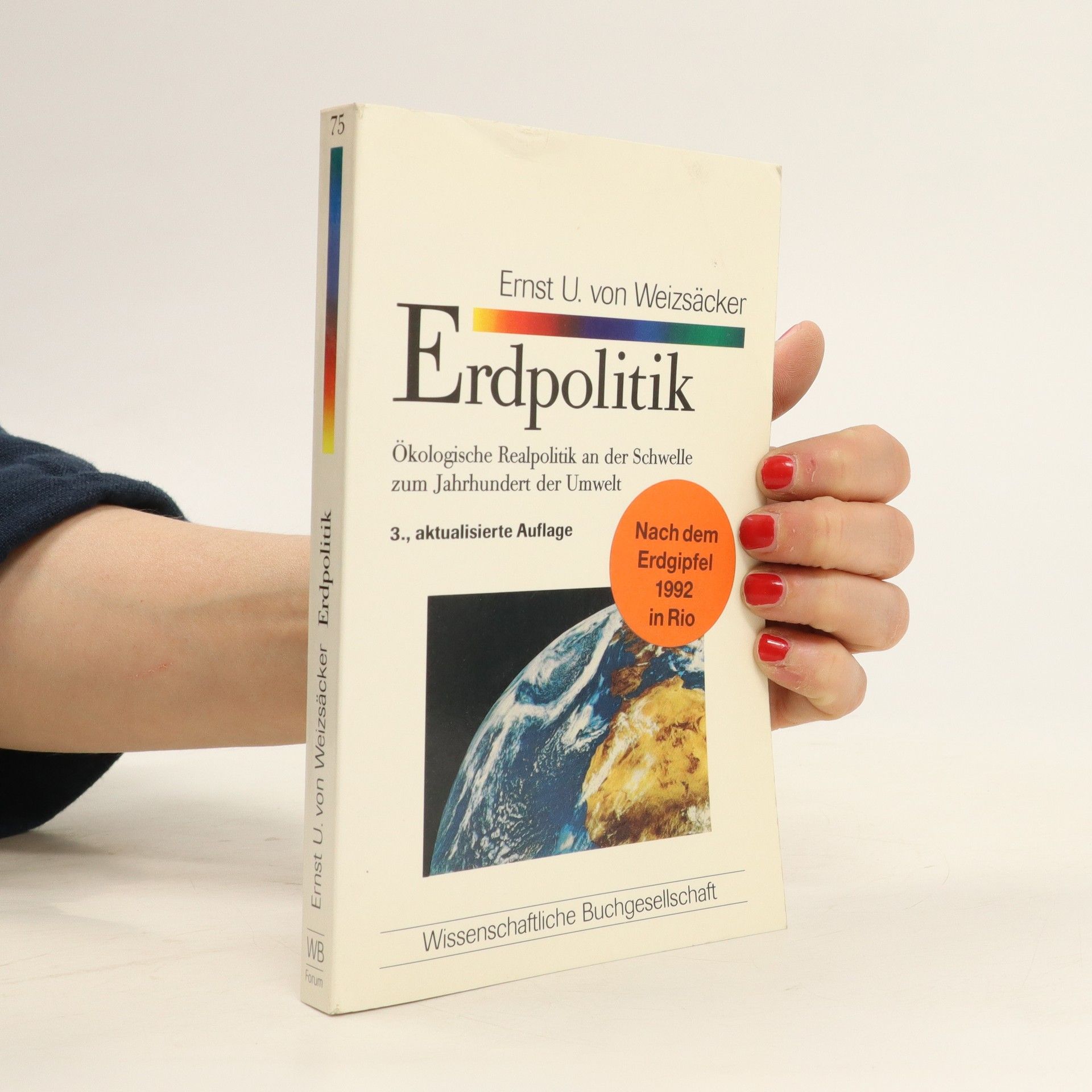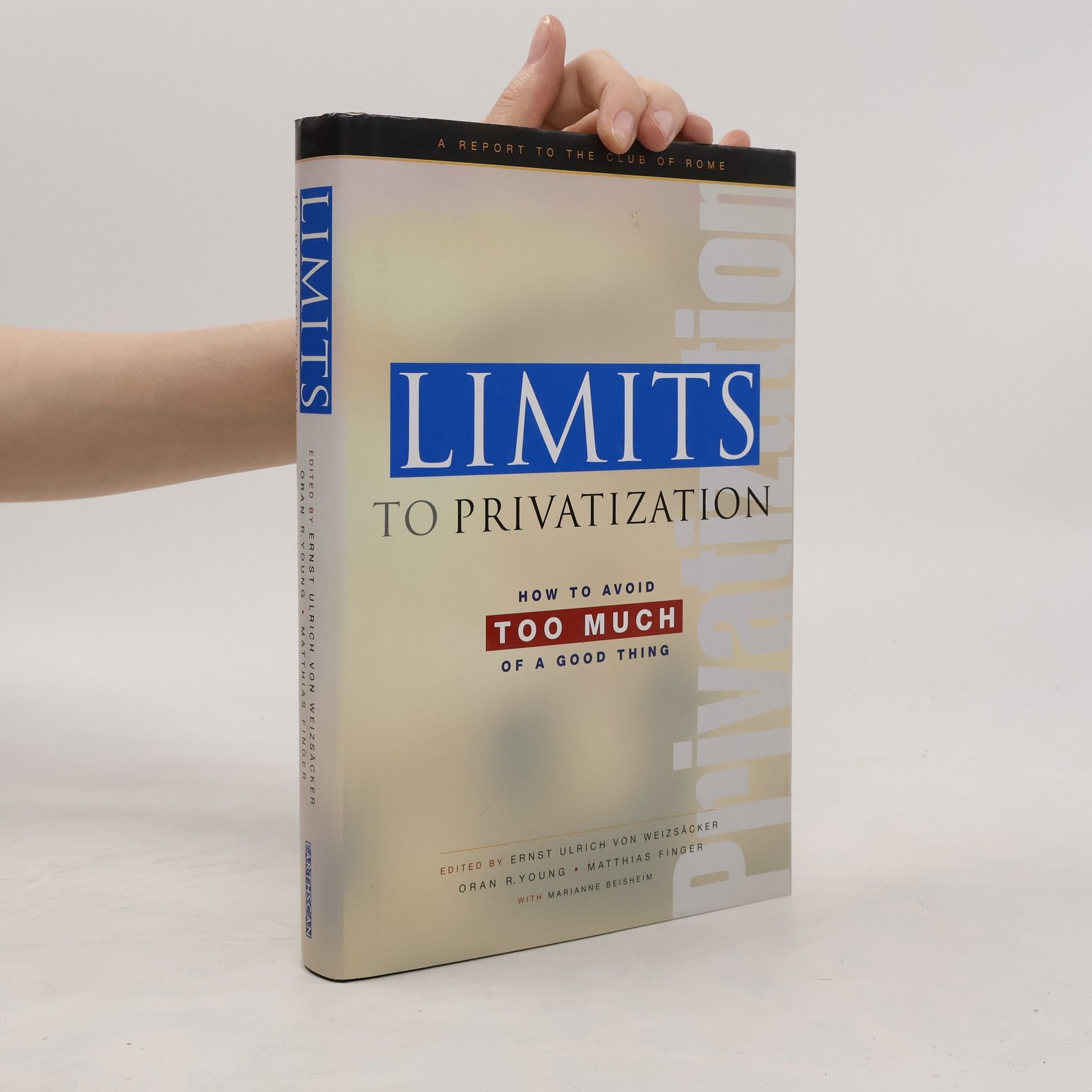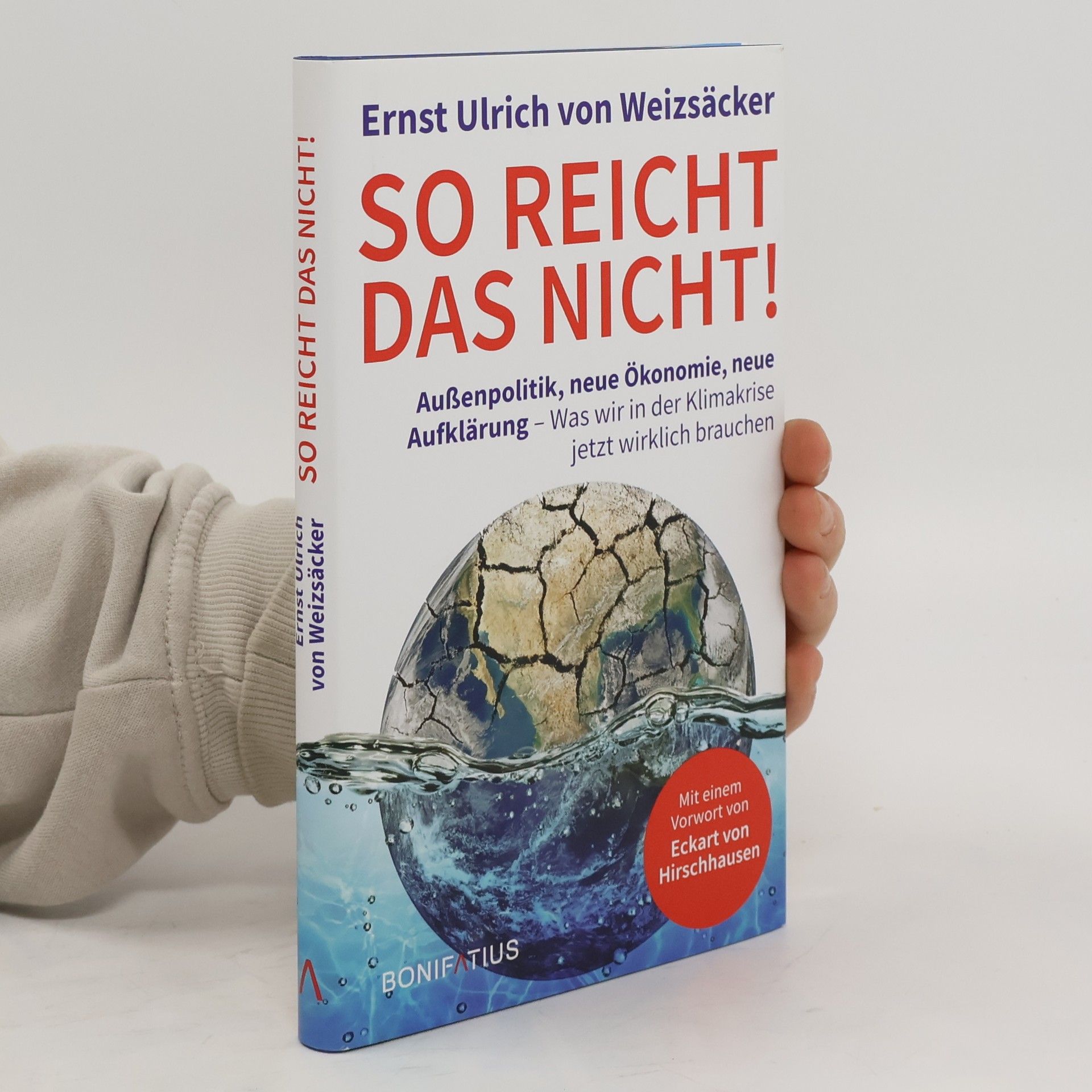Faktor čtyři
- 331 stránek
- 12 hodin čtení
Český překlad této známé publikace vznikl v rámci projektu "Services for Universities" v rámci programu "Education Programme for Environmentally Sustainable Development" financovaného z prostředků PHARE, přičemž příjemcem bylo právě Centrum pro otázky životního prostředí UK. Publikace je prvním svazkem z řady vydané díky této podpoře. Za jednoduchým výrazem faktor 4 se skrývá koncepce hospodářské politiky bezpečné pro budoucnost, zlepšující stav životního prostředí a přece slibující zisk. Weizsäcker a jeho spoluautoři vysvětlují, jakým způsobem tato formule umožnila dát nový směr technickému pokroku a jak při poloviční spotřebě přírodních zdrojů nejen garantuje zdvojnásobení rozdělitelného blahobytu, ale vede i ke zřetelně viditelnému vzrůstu kvality života pro všechny.... celý text










